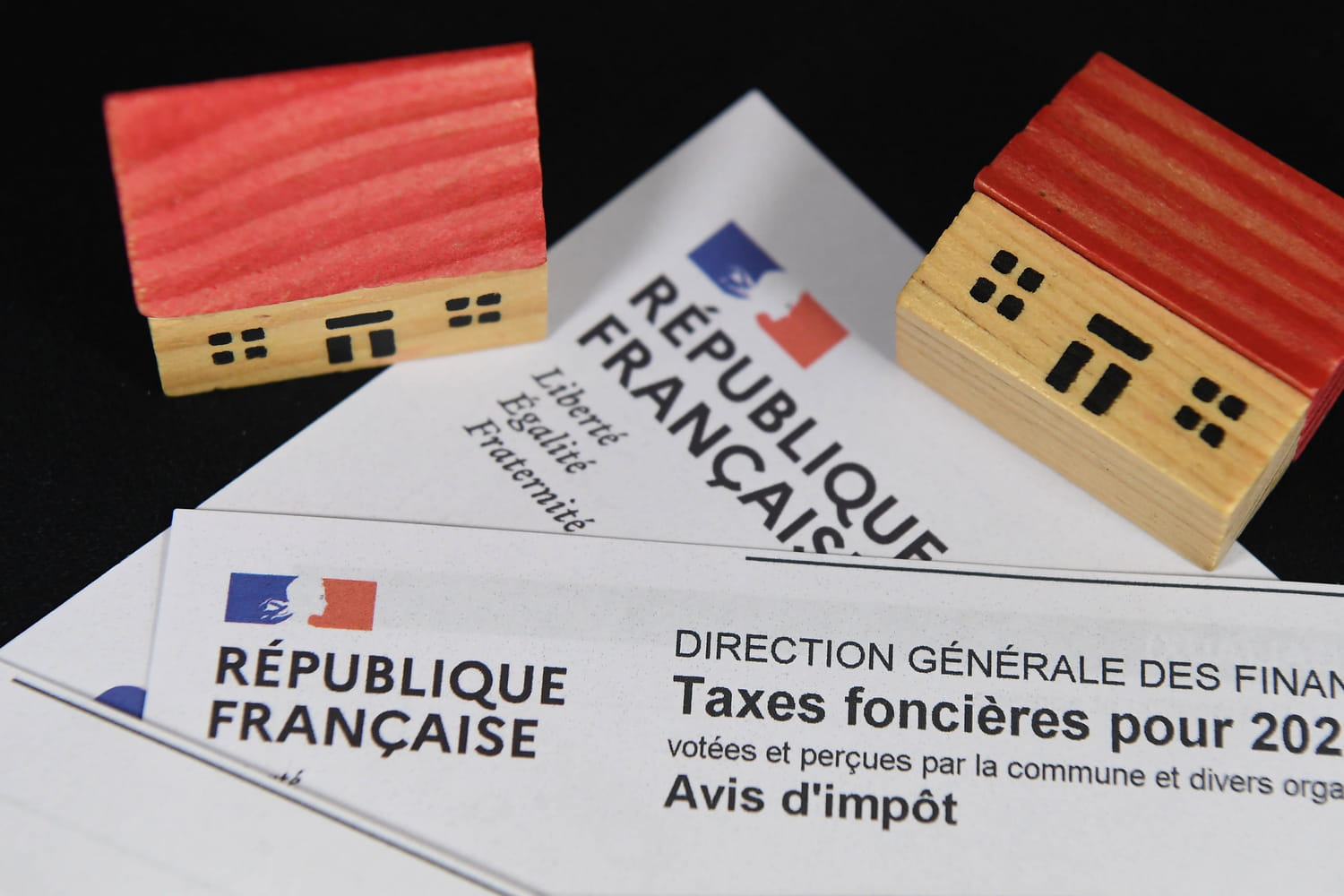French Authorities Hunt Suspects After Spectacular Louvre Jewelry Theft
French Authorities Investigate Professional Theft of Royal Gems From Louvre Museum
Beye Faces Growing Scrutiny as Rennes Extends Winless Run
Avian Flu Returns to French Poultry Farms as Seasonal Risk Rises
Louvre Heist: Four-Member Commando Flees With Historic Jewels After Seven-Minute Raid
Property Owners Face 1.7% Tax Increase Despite Local Rate Stability

French property owners are facing their annual taxe foncière payments with a modest 1.7% increase in 2025, despite many local governments freezing their tax rates ahead of municipal elections. The property tax, which has nearly doubled over the past 15 years according to historical data, continues its upward trajectory even as municipalities exercise caution in an election year. Across Centre-Val de Loire, all municipalities with populations exceeding 40,000 have maintained their 2024 rates, continuing a pattern observed before previous municipal elections in 2013 and 2019.
The tax calculation mechanism ensures that bills rise even when local rates remain unchanged. The property tax is determined by multiplying the cadastral rental value of the property by the tax rates set by local authorities. For 2025, the French Finance Ministry has increased the tax base for both built and unbuilt properties by 1.7%, meaning property owners will see higher bills regardless of local government decisions. This automatic increase comes after what the articles describe as "vertiginous" rises in previous years, offering what one analysis calls "some respite" for affected homeowners.
Payment deadlines are now in effect, with different schedules depending on taxpayers' preferences. Paper bills were mailed starting August 25th, followed by September 28th for non-monthly taxpayers and September 20th for those who have opted for monthly payments. Property owners who receive digital notifications have been alerted via email that their tax documents are available in their personal online accounts. The tax applies to all property owners—individuals, businesses, and legal entities—covering both built properties like residences and parking lots, and unbuilt properties including ponds and salt marshes.
Several little-known relief options remain available to qualifying property owners. Homeowners can request reductions if their property was unoccupied for at least three months during the year, with applications due by December 31st of the following year. Low-income taxpayers earning less than €29,815 for the first family share may qualify for capping their property tax at 50% of their income. Additionally, new constructions, reconstructions, and certain property conversions may be eligible for two-year exemptions, though all relief measures require active application rather than automatic granting.